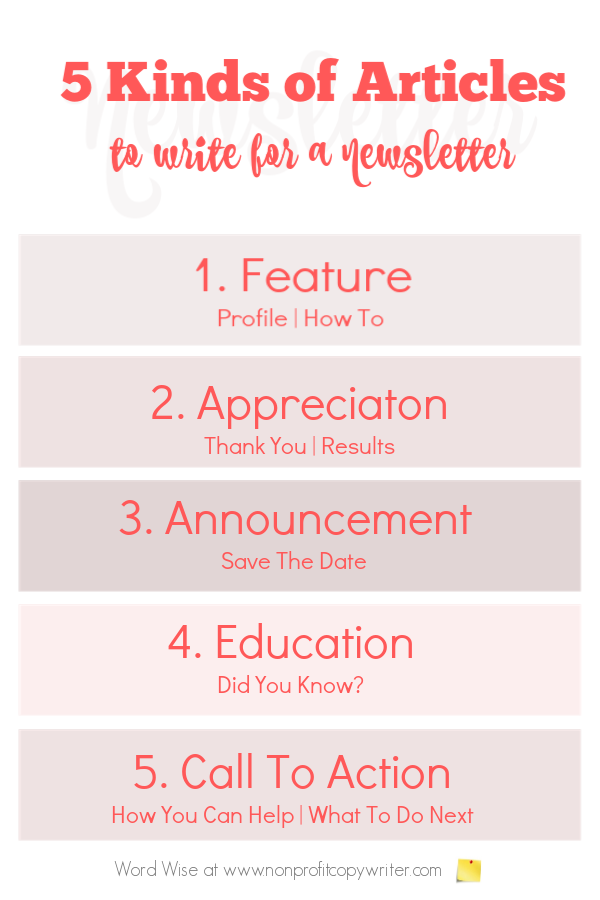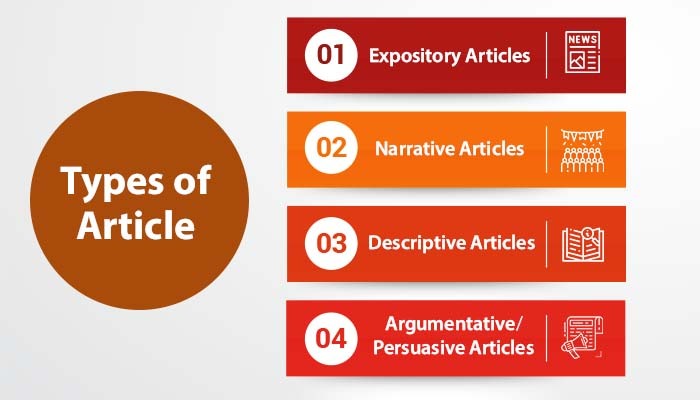Improve Your Composing Skills with the Devices Available on sssdarticles
Improve Your Composing Skills with the Devices Available on sssdarticles
Blog Article
The Mechanics of Articles: A Guide to Their Usages
The differences between the guaranteed and indefinite short articles can dramatically change the significance of a sentence, affecting just how details is communicated. Typical mistakes, such as the wrong application of "a" and "an" or the abuse of articles with uncountable nouns, can lead to confusion.

Kinds of Articles
When it comes to comprehending the sorts of posts, it is important to break down the distinctions that exist among them. Articles in the English language are classified primarily into 2 types: precise and indefinite short articles.
The precise post, "the," is used to refer to specific nouns that are understood to the reader. It symbolizes that the noun it modifies is particular and recognizable, distinguishing it from various other prospective entities. In the phrase "the publication on the table," the speaker suggests a details publication that both the speaker and listener are acquainted with.
In contrast, uncertain articles, "a" and "an," are utilized to refer to non-specific nouns. The selection in between "a" and "an" depends on the phonetic context of the adhering to word, where "an" is used prior to vowel noises.

Definite Article Use
The definite article "the" plays a critical duty in specifying nouns within a sentence, enabling clear communication of ideas. Its main function is to show that the noun it comes before is one-of-a-kind or known to the reader or audience. For instance, in the expression "guide on the table," "the" signals that a details publication is being referenced, one that is identifiable in the context - sssdarticles.
" The" is frequently used with singular and plural nouns, along with uncountable nouns, additionally boosting its convenience. When reviewing principles, events, or entities that are widely identified, such as "the Planet" or "the Web," the guaranteed post offers to emphasize their singularity. Furthermore, it can be employed with superlatives, as in "the finest option," to represent a certain level of contrast.
In various contexts, the precise write-up likewise shows up with geographic names, institutions, and social referrals, such as "the USA" or "the Louvre." Understanding its appropriate usage is critical for accomplishing accuracy in language, thus cultivating reliable communication in both written and talked kinds.
Indefinite Write-up Use
Indefinite write-ups, specifically "a" and "an," serve a distinctive purpose in language by introducing nouns that are not particularly known to the viewers or listener. These posts share a feeling of generalization, suggesting that the noun they customize is among several feasible instances instead of a specific entity.
The option between "a" and "an" depends on the preliminary noise of the adhering to word. "A" is utilized before words that start with a consonant sound, while "an" comes before words that begin with a vowel audio. As an example, one would state "a feline" but "an apple." This guideline is important for keeping fluidness and ease of pronunciation in speech.
Indefinite short articles also come into play when discussing careers, nationalities, or affiliations. Generally, the correct use of indefinite posts improves communication by giving quality and accuracy regarding the nouns being gone over.
Typical Errors to Prevent
Several students encounter pitfalls when utilizing uncertain articles, which can lead to confusion in interaction. A typical blunder is utilizing "a" before words that start with vowel sounds, such as "an honor" or "an umbrella." This Source mistake originates from focusing only on the very first letter as opposed to the phonetic sound. In addition, learners often misuse indefinite articles with vast nouns, erroneously specifying "a water" instead of just making use of "water," which does not call for an article.
Another regular error entails omitting the uncertain write-up when it is necessary. One might say "I saw dog in the park," overlooking to include "a." This omission can make sentences sound insufficient. On the other hand, utilizing uncertain posts excessively can likewise bring about awkward wording, such as "I had a good time at a the event."
Recognizing the contexts in which uncertain write-ups should be used is crucial. As an example, they are not utilized when describing general groups, as in "Cats are lively," as opposed to "A cat is spirited." Identifying these typical blunders will certainly boost quality and accuracy in written and talked English.
Tips for Effective Usage
To effectively employ indefinite short articles, it is vital to recognize their ideal contexts and subtleties. Indefinite posts, namely "a" and "an," are utilized to refer to non-specific things or to introduce new ideas.

In addition, avoid click to read more excessive using indefinite articles in situations where specificity is required. Practice reading different texts to observe exactly how knowledgeable authors make use of uncertain articles, boosting your understanding of their effective application.
Conclusion
Comprehending the unique functions of certain and uncertain articles enables for more efficient expression of concepts. Eventually, a firm grasp of article use is important for reliable academic and professional communication.
Report this page